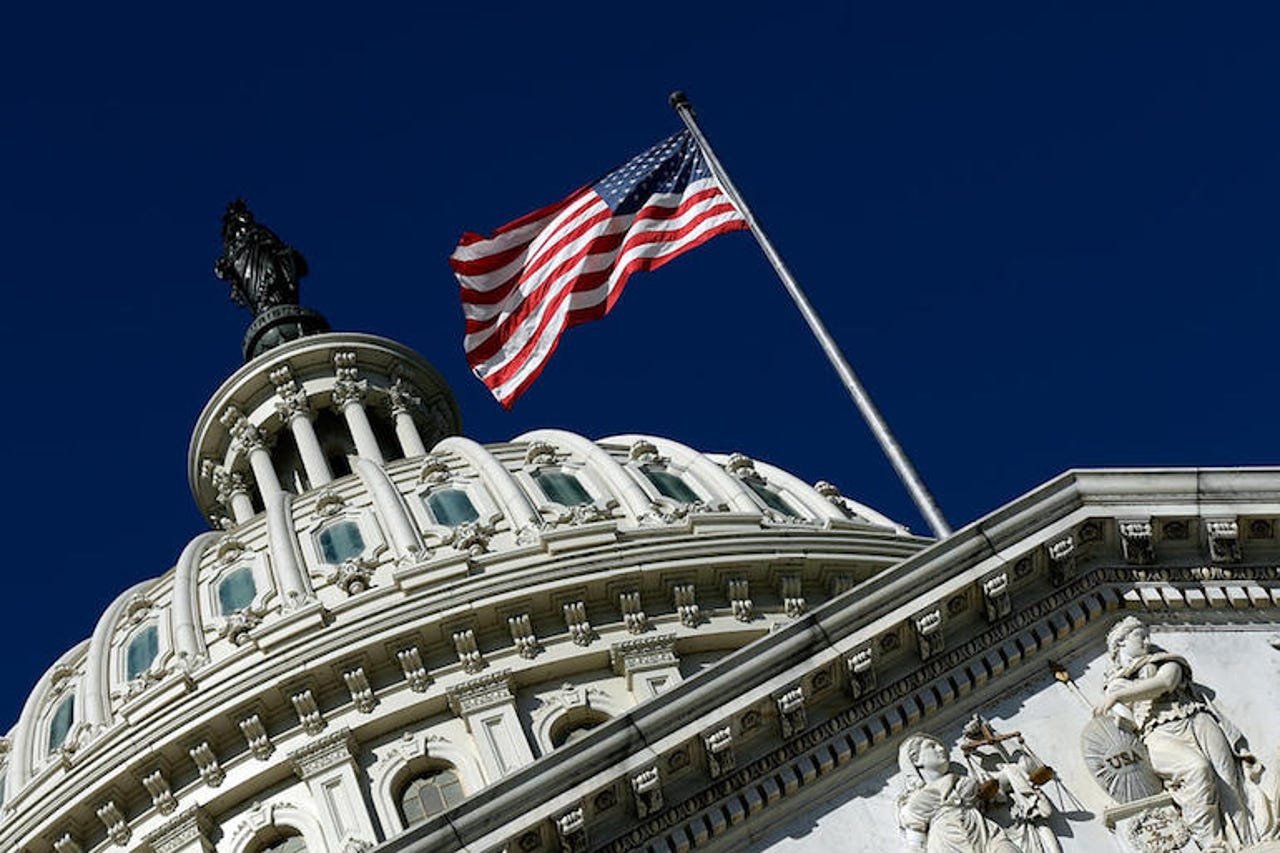House duo pair up to stop warrantless "backdoor" spying on Americans


(Image via CBSNews.com/CBS Interactive)
Two lawmakers are pushing to include a bipartisan amendment to be included in the upcoming defense budget bill, in an effort to seal up a loophole used by the government to conduct warrantless surveillance on Americans.
The amendment, introduced by Reps. Thomas Massie (R-KY, 4th) and Zoe Lofgren (D-CA, 19th), will also forbid the government from forcing individuals, as well as companies -- like Google and Apple -- from installing backdoors for surveillance purposes in their systems.
Under existing law, the government doesn't need a warrant to access Americans' phone calls, texts and emails that's incidentally collected as part of its foreign surveillance dragnet.
Senate colleague Ron Wyden (D-OR) called this the "backdoor search" loophole, which is thought to have ensnared millions of Americans' data, despite Fourth Amendment protections that effectively bar the National Security Agency from spying domestically.
By closing that loophole and forcing the government to get a warrant, Massie said the amendment should strike "the appropriate balance between national security and civil liberty."
More than a dozen lawmakers are behind the amendment, including Rep. Jim Sensenbrenner (R-WI), who introduced the Patriot Act in 2001, but later said that it was misused by the government which "overstepped its authority."
It's not the first time that Massie and Lofgren, who are known for their pro-privacy views, have joined up to push back against the government's vast surveillance programs. An identical amendment was passed by the House last year in a 255-174 vote -- but wasn't included in the omnibus bill it was set for.
By offering to the Defense Appropriations Bill, set to be debated later on Thursday, it will have a better chance of becoming law.
"The House has shown - by voting for the amendment by a large margin twice over the last two years - that it is committed to upholding the Constitution and protecting Americans from invasions of their privacy," said Lofgren, in her own remarks.
A number of civil liberties groups, including the American Civil Liberties Union, Center for Democracy & Technology, and the Electronic Frontier Foundation, support the amendment.